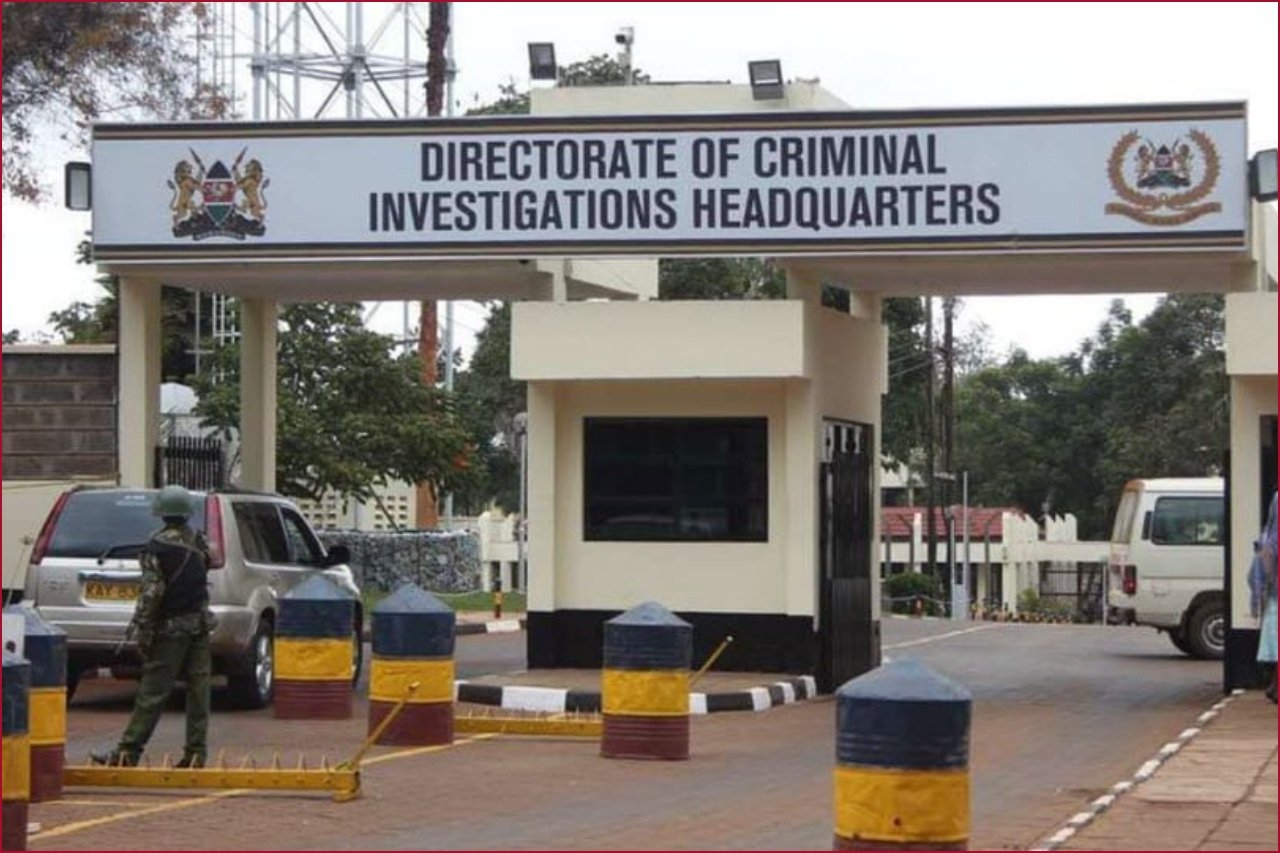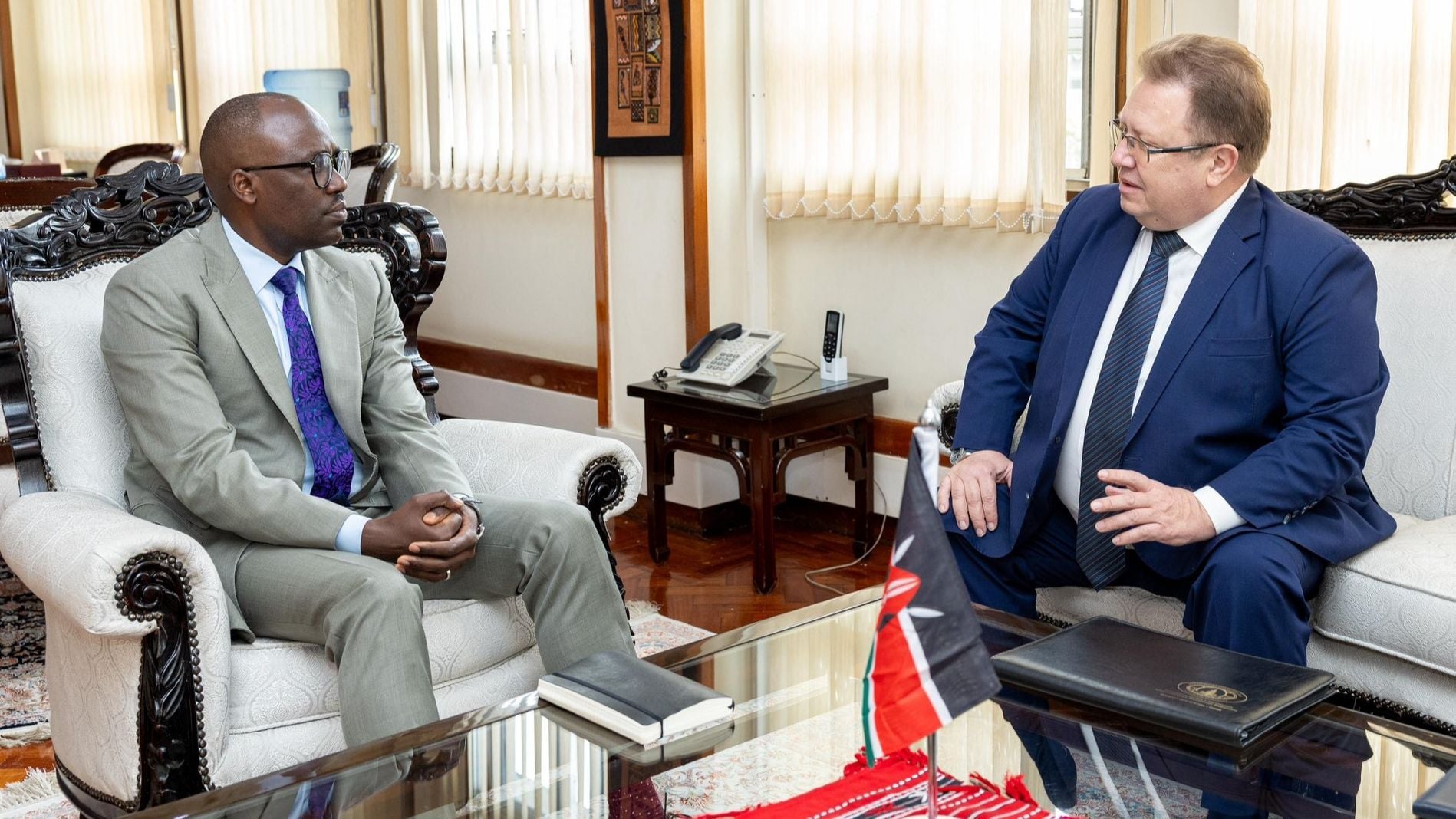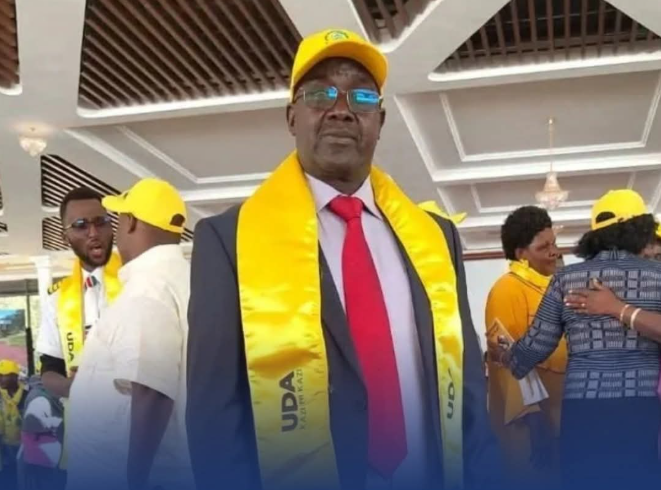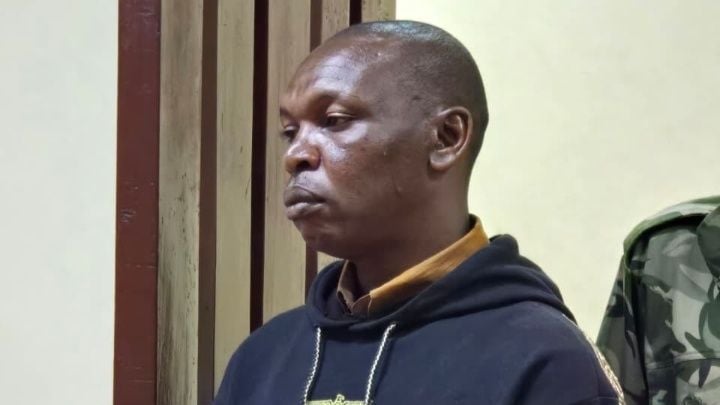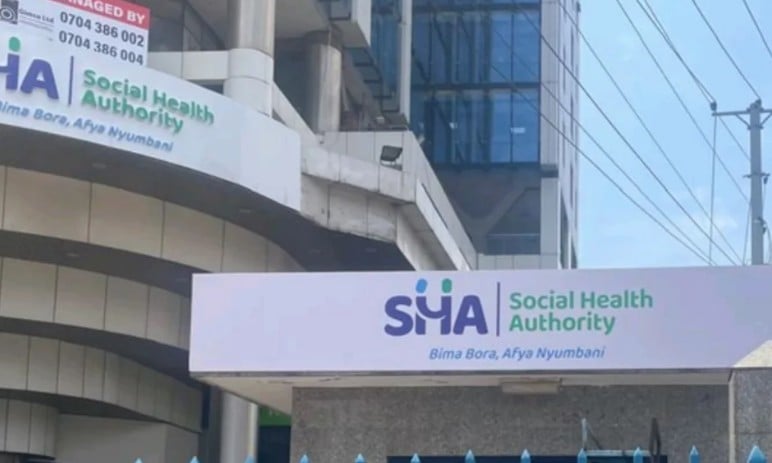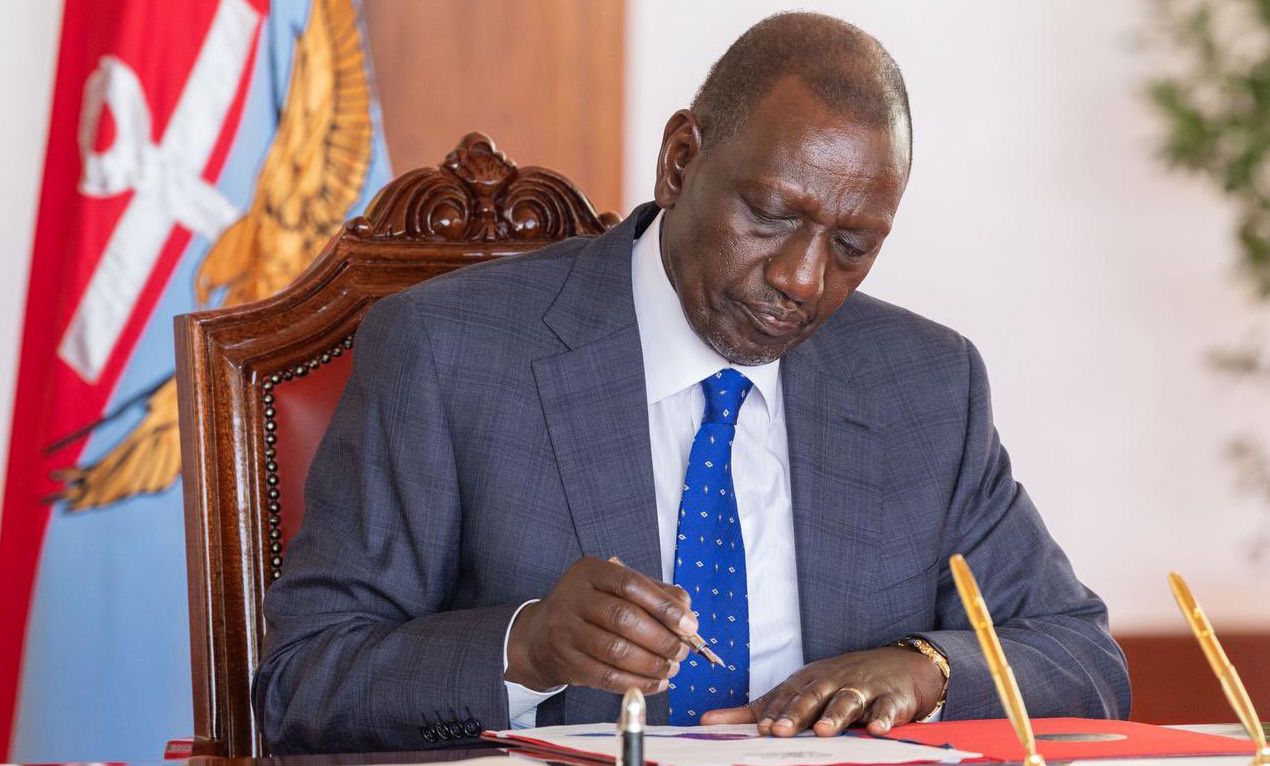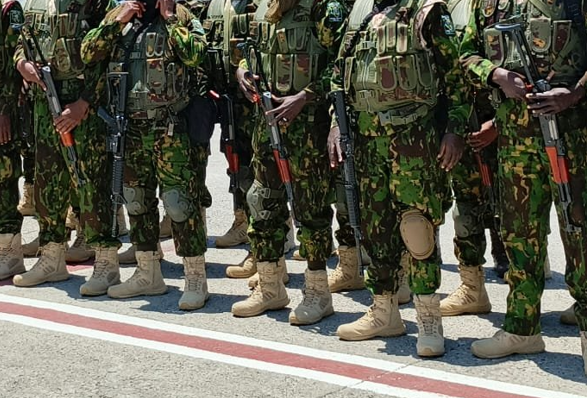The advocate representing four filmmakers has alleged that the Directorate of Criminal Investigations (DCI) installed spyware on his clients' devices after their arrest in connection with the BBC Blood Parliament documentary.
Speaking on Wednesday, the advocate explained that an independent forensic examination conducted by the University of Toronto's Citizen Lab revealed that surveillance software was planted on the filmmakers' electronic devices while in police custody.
Ian Mutiso, the lawyer representing the quartet, disclosed that following the return of his clients' gadgets on July 10, 2025, he commissioned an independent forensic analysis through Citizen Lab.
"The gadgets which were actually detained by them on the 2nd of May, upon forensic examination, it has come to our attention that the DCI did implant a spyware known as the FlexiSpy app, which indeed shows that on the 21st of May, at about 5.36pm, the said spyware was installed on those gadgets," Mutiso revealed.
The lawyer has filed the forensic report with the court and plans to serve copies to both the Office of the Director of Public Prosecutions (ODPP) and the DCI.
Read More
He emphasized that the findings raise serious constitutional concerns regarding citizens' right to privacy under Article 31 of the Constitution.
Mutiso connected the spyware allegations to broader concerns about government surveillance, revealing additional disturbing information about data-sharing practices.
"Just yesterday, we were able to confirm that the largest telecommunications provider, Safaricom, does provide private data belonging to its citizens to the DCI, without a court order on record," he stated.
The court proceedings scheduled for Wednesday were postponed to Monday, September 15, 2025, before Honorable Wambo. Mutiso indicated he intends to file an affidavit from the expert witness to support the spyware allegations.
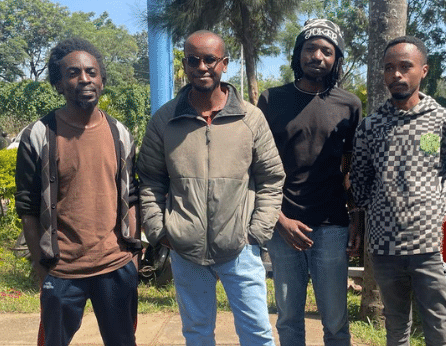
The spyware allegations stem from the controversial arrest of four filmmakers in May 2025, linked to the production of BBC's acclaimed Blood Parliament documentary.
The quartet—Nicholas Wambugu, Brian Adagala, Mark Denver Karubiu, and Chris Wamae—were detained on the evening of May 2 at their Karen village office.
Human rights activist Boniface Mwangi reported that the filmmakers were split into two groups during the arrest, with some taken to Pangani Police Station and others to Muthaiga Police Station.
Investigative journalist John-Allan Namu later revealed that the group faced charges related to allegedly publishing false information about the BBC documentary.
The timing of the arrests drew particular criticism as they occurred during World Press Freedom Day weekend, raising questions about press freedom in Kenya.
The quartet was released on free bond on May 3. Still, their professional equipment remained in police custody until July 10, when the devices were eventually returned - allegedly after being compromised with surveillance software.
The Blood Parliament documentary, released by the BBC, comprehensively examined the deadly events during Kenya's June 2024 anti-Finance Bill protests.
The film used advanced 3D modeling techniques to analyze video footage and identify security officers who allegedly used excessive force against unarmed protesters attempting to access Parliament Buildings.
The government strongly contested the documentary's content, with spokesperson Isaac Mwaura dismissing it as biased and claiming it presented a one-sided narrative designed to portray the administration negatively.
The Independent Policing Oversight Authority (IPOA) responded to the documentary by stating that investigations into some of the shootings depicted were ongoing, with several cases proceeding through the courts.
